 Giovanni LiCalsi Thu Sep 08, 2011 3:43 pm
Giovanni LiCalsi Thu Sep 08, 2011 3:43 pm
The ballast comparisons:
The piston tank is the most reliable ballast system for any boat, period. "Oh, but you'll run out of electric under water!" This is a scare tactic. Aside from signal loss, the controller has undervolt failsafe and there is a trimmer pot where you can even adjust the safety cutoff voltage if you really want to. Mine pops up with plenty of surface playtime left, and that's after an hour of normal running. This brings me to another point: electricity. The tank uses some electricity, but it's not that important because it's not constantly running the way your main motors are. The tank is not an electric hog the way some people like to portray it.
If someone's selling gas systems (which are completely viable systems) but they're knocking the piston tank or kits that employ it, ask them why Engel has sold over 30,000 piston tanks! And don't let them tell you it's because the Germans are short-sighted lemmings who can't let go of yesterday's technology. It's because they have enough of a fan base to support the manufacture of a superior, reliable turnkey system. You should also suspect anyone who attempts to abuse your lack of knowledge for commercial purposes.
Please don't think I'm down on gas. If you have a couple (or ten) gas boats, then why switch now? If you're already stocking propellant for your other boats and you already know the system then sure, stick with it. If you want to make an friend of a vendor, then buy their kit. If you only want to go with gas because it's cheaper, then build an RCABS. Maybe someday someone will actually build a commercial RCABS. Who knows, maybe reason and commerce could finally coexist.
Let me break down some negatives and positives to try to present some fairness.
Gas ballast negatives:
• There is no failsafe to keep you from diving when you do not have sufficient gas to surface again. If you have a gas failsafe and dive too deeply and lose signal, it goes off.
• Open surface (loose water) in the ballast tank means as the boat pitches forward, water rushes forward and pulls the bow down even more. This instability is lessened by the installation of baffles but it's always there.
• Airbrush propellant costs money.
• Filling the onboard resevoir every XXX number of dives is a pain.
• Counting the number of dives is a pain, and a risk, and if you don't get the onboard resevoir completely filled then your dive count is off anyway.
Gas ballast positives:
• Cheap
• Generally smaller WTC's
• Cool bubbles when you blow ballast
Piston tank positives:
• Your failsafe keeps you from diving if it's not safe to do so
• Your failsafe can go off as many times as you want and it resets when signal is regained, so there's no trip back to shore to refill the gas failsafe if you dive too deeply.
• If your receiver battery dies underwater, the BTS uses the main batteries (which are monitored for undervoltage) to empty the tank.
• No air is in the tank, so ballast water does not slosh forward and send you standing on your nose.
• You only change the batteries, and you get an hour of playtime per set.
• You dive as often as you want, without worrying about counting.
• The Engel tank in particular is a very high quality product. The selection of plastic materials and microswitches are all heavy duty. The construction leaves nothing to be desired. They dominate the market for this reason.
Piston tank negatives:
• Expensive
• Threaded rod travels in WTC using up space akwardly.
• Internal higher pressure but most subs have suffered no ill effects.
• Tank geometry is a fixed cylinder
• CG shifts a bit with a single tank
RCABS is in many ways the best of both worlds. It's cheap. It's all electric, so there are no gas hassles. You can run it with a BTS for undervolt and signal failsafe. The bladder can be arranged such that the center of gravity doesn't shift during filling.
Regards,
Giovanni
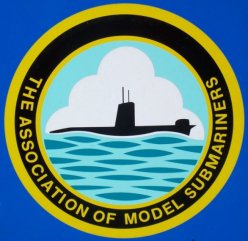






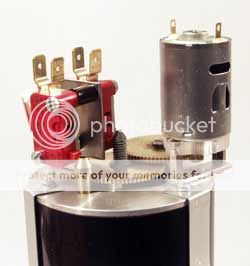

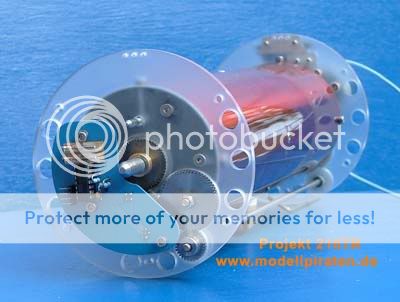


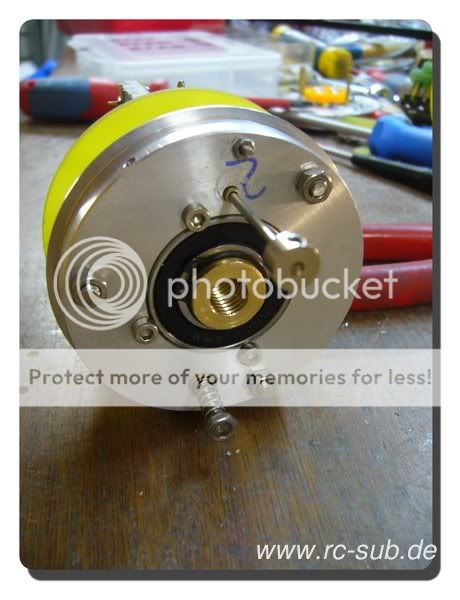
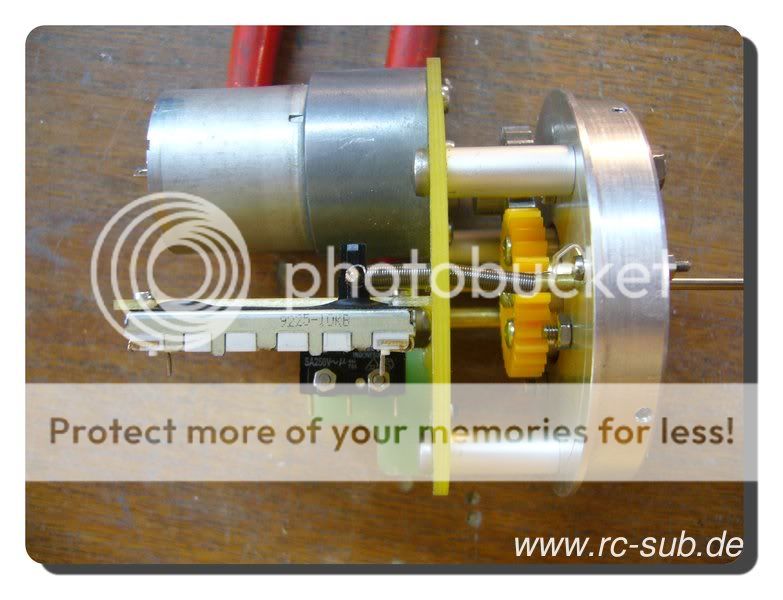
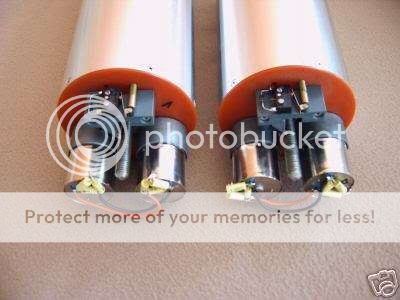


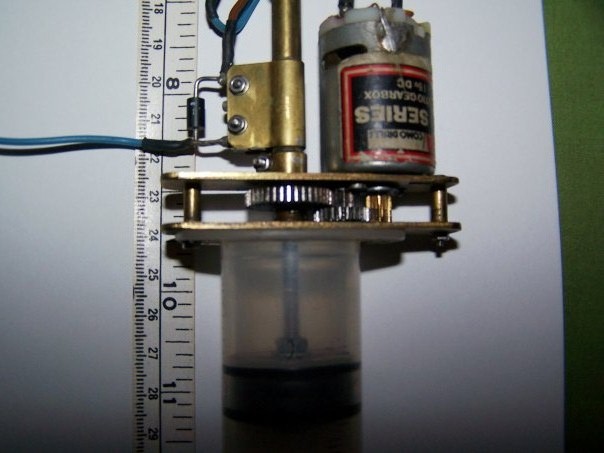

» RC Drift Gyro for pitch control
» WW2 mini sub build
» sonar data link
» Robbe Seawolf V2
» ExpressLRS - 868/915 Mhz equipment
» Flight controllers as sub levelers
» 868/915 Mhz as a viable frequency for submarines.
» Microgyro pitch controller corrosion